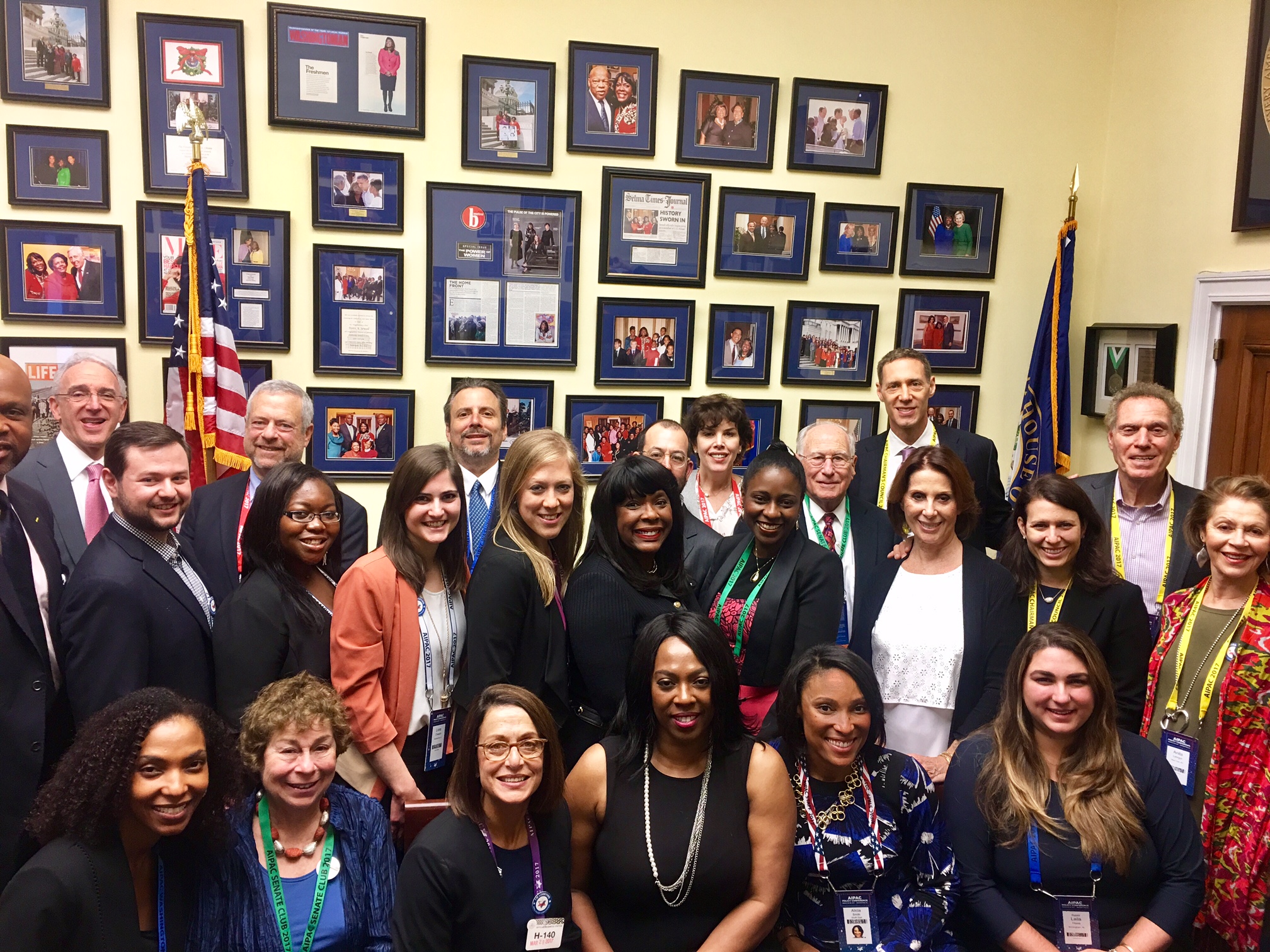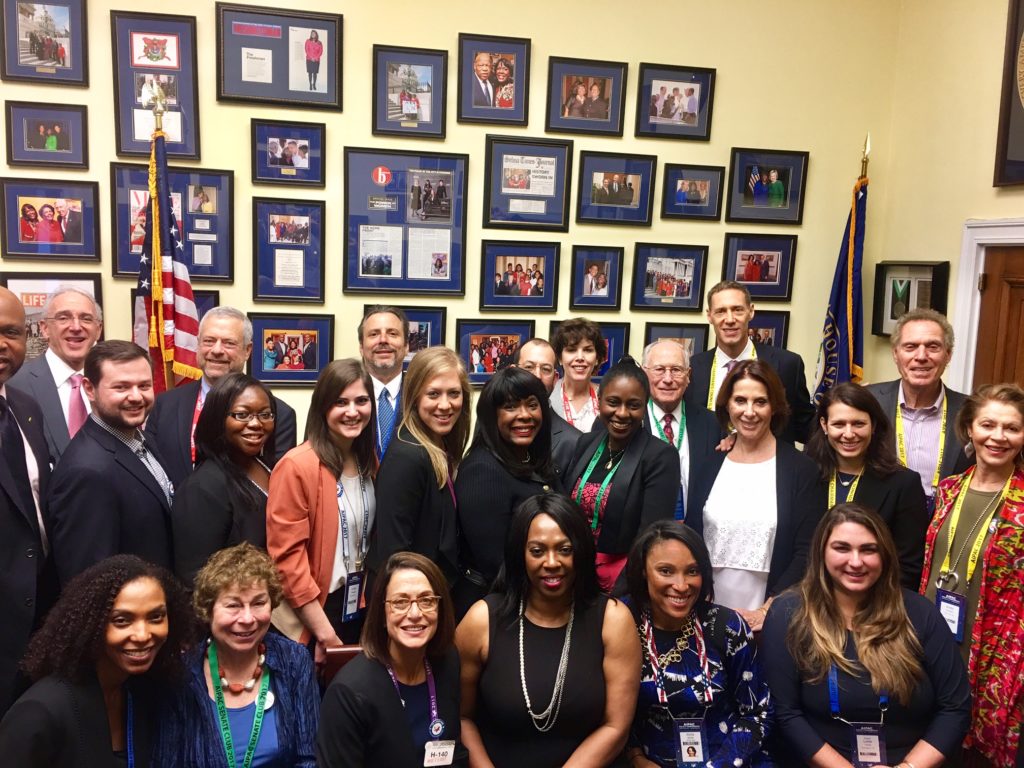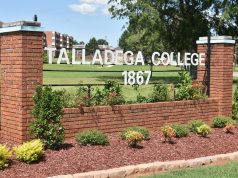
Times Staff Report

Rabbi Jonathan Miller thought he was only going to stay in Birmingham about five years when he moved to the city to become the spiritual leader of Temple Emanu-El. Twenty-six years later, he remains here, now retired from the post that made him a link between his faith and others.
Miller retired this summer but the honors have been nonstop from those who know Miller as a leader who strove to reach people across faiths and race.
“Rabbi Miller’s love for the black community does not need to be put into words; he demonstrates it by his actions every day,” said Pastor A.B. Sutton of Living Stones Temple in Fultondale. “When my church had no place to worship, even though we are part of another faith, he took us in. We are forever in his debt.
“When we got ready to leave after a year, Temple Emanu-El begged us to stay. He is a remarkable human being who genuinely loves his family, has the utmost respect for his faith and a most generous heart.”
“Rabbi Miller’s time in Birmingham was well spent,” said Odessa Woolfolk, founder and chair emeritus of the Birmingham Civil Rights Institute. “I had countless conversations with him about ways to bring persons of all faiths, races and cultural groups into a common sense of community.”
Woolfolk called Miller “a champion for reconciliation,” and added that he “communicated his views through op-ed media pieces and participation in public forums. He was not shy about speaking uncomfortable truths.”
Before he came to Birmingham, Miller served at Stephen S. Wise Temple in Los Angeles and Temple Shalom in Auckland, New Zealand. The move to Birmingham, however, was a matter of concern for his family, including his father who was a rabbi and marched in Mississippi for civil rights.
His parents came to the city and visited the 16th Street Baptist Church. Four-year old Alana Miller (Jonathan’s daughter) asked, ‘How could anyone bomb a church and kill little girls?’ Her grandmother answered simply, ‘Because of what your grandfather and others did, you can live here now.’
The former pastor of 16th Street Baptist Church, Dr. Chris Hamlin, recalls that Rabbi Jonathan Miller “spoke on the anniversary of the bombing almost every year. He has an amazing sense of being connected to community; of not being religiously isolated. His way is one of inclusiveness, being engaged, fostering genuine interfaith dialogue.”
One incident stood out for Hamlin, now the pastor of Tabernacle Baptist Church: “ I remember when a skinhead came to Birmingham and killed a homeless man,” Hamlin said. “Jonathan knew how to respond – ‘This is not who Birmingham is.’ Anytime something happened, Jonathan was right there. He will be deeply missed by all as he truly made a difference.”
Miller established strong connections with local institutions championing human rights, including the Birmingham Civil Rights Institute, as Barry Mcnealy, a master tour guide at the BCRI as well as a Parker High School history teacher, noted.
“When BCRI hosted the Anne Frank in the World exhibition there were tense conversations between the communities as to the way history detailed the atrocities faced by African American and Jewish peoples,” Mcnealy said. “Rabbi Miller said something simple but powerful -‐ ‘You shouldn’t compare pain.’ That reminder has been with me for years.
Another friend of Miller, Congresswoman Terri Sewell said he had been “an outstanding spiritual leader at Temple Emanu-‐El for the past 28 years. I have enjoyed a great personal friendship with Rabbi Miller. I could always depend on his wise counsel and passionate advocacy for the Birmingham Jewish community and for American-‐Israeli relations.
“Rabbi Miller’s lasting legacy will be his unwavering commitment to promoting greater interfaith understanding and mutual respect among religions. He should be assured that he leaves Birmingham a much better place because of his years of service.




